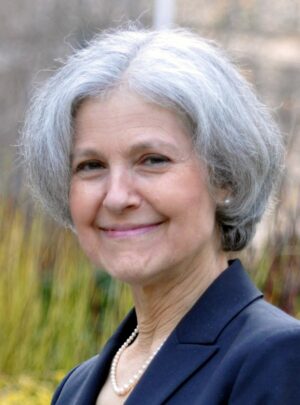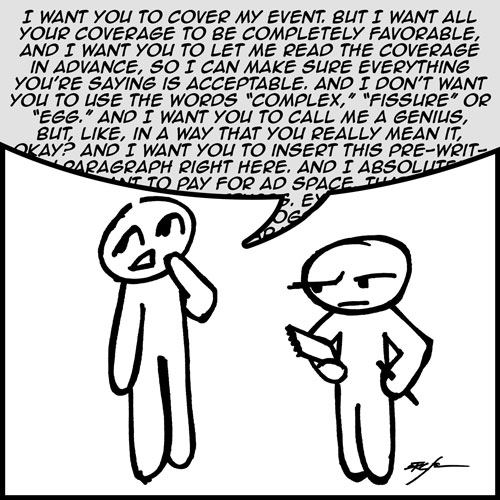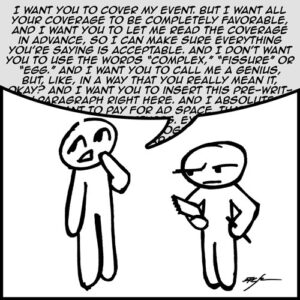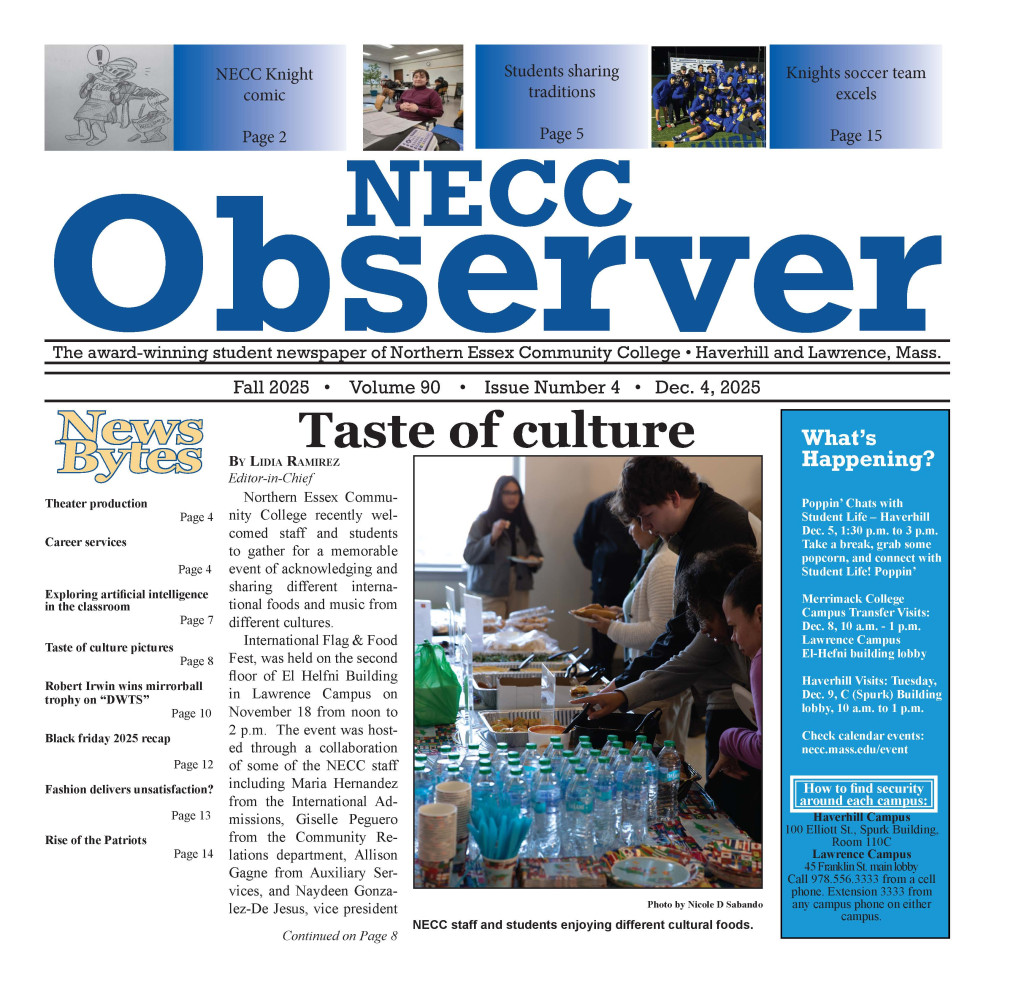put an editorial column in this section of the newspaper. In theory, it sounds like an easy thing to do. Just pick an interesting topic, discuss it with the staff and write up a few columns expressing the newspaper’s views on the subject. Simple, in theory.
Reality, of course, is a different story. Much of the staff is getting bogged down with midterm exams, completing internships and the beginning of the holiday season — not to mention the fact that we all have other jobs, which makes getting together for meetings a challenge.
You may think that surely, as a writing major and the Editor-in-Chief of the school newspaper, I should be able to think of something to write about.
After all, we live in a world that suffers no shortage of commentary. I just don’t always know where to start.
I have been keeping up with current events so I would know what to talk about but I feel like I’m drowning in bad news.
The anger and fear that dominates the media is compelling but we can too easily get wrapped up in a cycle of negativity that leads us to behave poorly.
Responsible journalism has to be about more than perpetuating the negativity. I really love words and I think they are way more important than people give them credit for. They need to be used with respect and care. When misused, they can be a weapon powerful enough to destroy lives. Or, they can be the inspiration that saves them. I vow that as a journalist, I will never use my words for evil purposes.
That said, I don’t want to just rant about current events. I want my words to mean more than that. Anyone can rant. I just don’t really know where to start.
I could tell you that I saw Spotlight recently with some of the Observer staff. The movie was fantastic but to be fair, even this amazing movie was based on bad news of evil deeds.
I trust that Jowi will be able to do it far more justice than I ever could, so you can turn to his review on the last page to hear about that.
I could join the ranks of people who are writing about three people being killed in the shooting at the Planned Parenthood clinic in Colorado. Plenty of people are voicing their opinions about that incident. Some even hail the shooter as a hero for saving the lives of babies that would have otherwise have been aborted, although, according to an article by The Associated Press, that particular clinic did not actually perform abortions.
Nobody seems really shocked that this happened. We are kind of becoming used to the random shootings, I guess. This is the shooting of the week. Add it to the list.
I could write about the article that appeared in the Boston Globe on Sunday, Nov. 29, that uncovered such a backlog of cases at the Massachusetts Medical Examiner’s office where children are abused to death often fall through the cracks, sometimes going unsolved for years for lack of a determined cause of death.
Here in Massachusetts, the Department of Children and Families is often under fire for failing to protect the children in its care. Now we know that the investigations too often go cold, allowing their killers to go free. The injustices against our state’s children just keep piling up, with no end in sight.
Perhaps I should write about terrorist attacks in France or sanctions against Turkey or Syrian refugees, or the beheadings in Libya. Or, the suicide bombings in Nigeria and Cameroon. But really, by the time you read this it will all be old news and some new drama will be unfolding. The truth is, in the hour that I’ve been writing this column, another 6,400 people have died. (An average of 56 million people die worldwide each year, according to the World Health Organization. That’s about 153,424 people each day.)
Reading the news each day leaves me wrung out and exhausted. I feel compelled to do whatever little I can do to help make the world a better place, I just don’t know where to start. I’m not angry. I don’t want to point my finger at Obama or yell at Charlie Baker or disband the NRA or blame Islam or defund Planned Parenthood. I don’t want to carry a gun or a picket sign or pass judgement on others. I just want us all to learn how to share this planet. The world is becoming a small place. We are going to have to learn to work together, since none of us are going away willingly. Hopefully, someday, I will be able to use my passion for journalism to help us all become better educated about the people that share the world with us so we can learn to see each other as fellow humans.
I want to make words be my superpower and I want to use them to save the world. I just don’t know where to start.




